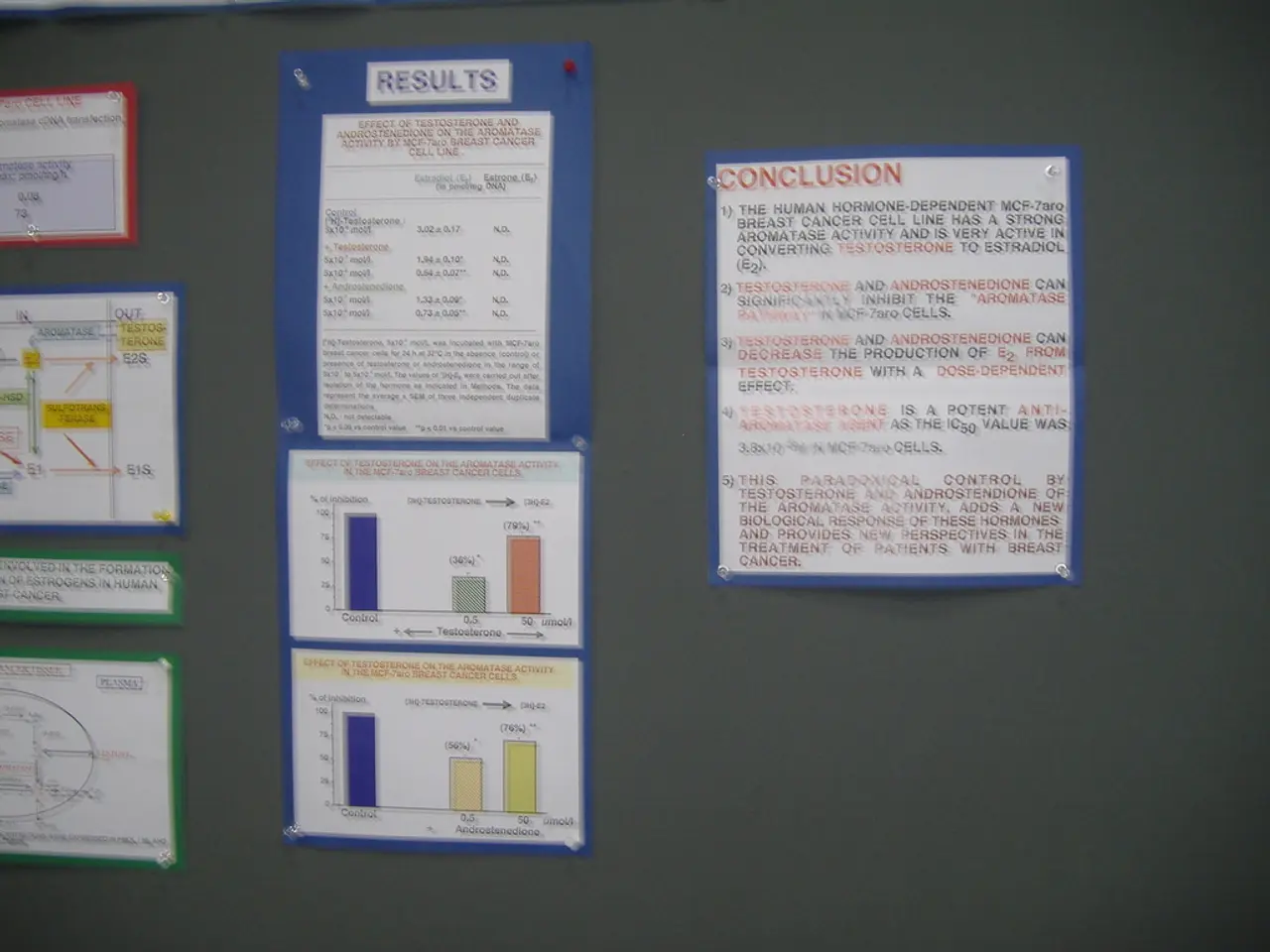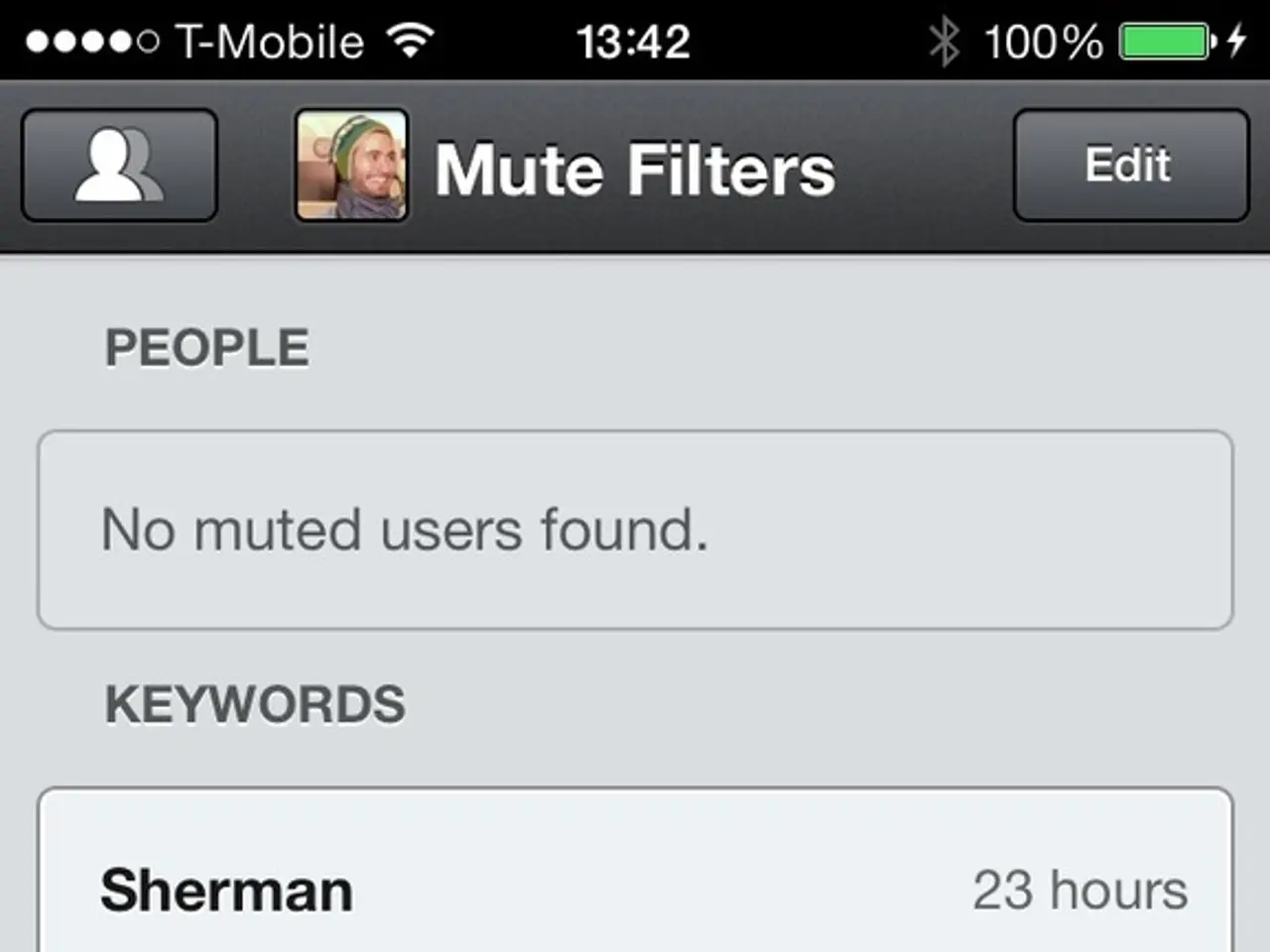Proposed Exception for Digital Tokenization and Securities Based on Distributed Ledger Technology by SEC
The Securities and Exchange Commission (SEC) is considering a significant move to facilitate the use of digital ledger technology (DLT) in securities offerings. Commissioner Hester Peirce announced the potential exemptive order, which aims to provide a specialized, efficient regulatory pathway tailored for DLT securities offerings, distinct from traditional registration requirements under the Securities Act of 1933.
The exemptive order, if finalized, would create a "fit-for-purpose" exemption from standard registration under Section 5 of the Securities Act specifically for digital asset offerings. This exemption would reflect the novel technical and market characteristics of these offerings, facilitating more efficient capital formation.
The order is expected to emphasize transparency and tailored disclosure obligations adapted to DLT securities' unique attributes, similar to recent SEC guidance clarifying disclosure expectations for crypto asset exchange-traded products. It would also likely accommodate innovative mechanisms such as staking receipt tokens and other liquid staking activities, which the SEC’s Division of Corporation Finance views as non-securities in specific contexts.
This approach aligns with the broader effort around the CLARITY Act and GENIUS Act, which strive for clearer regulatory definitions and carve-outs for various digital assets, including decentralized finance (DeFi) protocols and digital commodities.
In comparison to other jurisdictions' sandbox environments, the SEC's potential exemptive order stands out as a regulatory exemption model designed for compliance clarity and ongoing capital-raising activity under federal securities laws. On the other hand, sandbox programs in the UK, Singapore, and Hong Kong primarily serve as controlled, time-bound environments to test technologies and regulatory approaches before broader implementation.
While the specifics of any potential collaborations with other jurisdictions remain unclear, Commissioner Peirce has suggested a potential collaboration outside of the UK. Participation in the proposed sandbox would involve requirements for market integrity compliance, disclosures, record keeping and reporting, adequate financial resources, custody transparency, and oversight by the SEC.
Commissioner Peirce's proposed approach aims to create a commercially feasible method that protects investors and enables the use of cutting-edge technologies for trading, clearing, and settling securities. However, she has acknowledged a potential chicken and egg situation where companies exploring tokenization might be unwilling to register as a broker-dealer, exchange, or clearing agency due to the small market for tokenized securities, and the sector will remain small if issuers see a lack of secondary markets.
Next week, Commissioner Peirce is expected to receive feedback at the SEC's Tokenization Roundtable event. The specific nature or focus of this event has not been disclosed.
Meanwhile, the UK's Digital Securities Service (DSS) is planning to implement entity-specific limits to allow larger, more experienced entities higher volumes which can grow over time. A gradual approach to raising limits as an institution gains more experience could be beneficial, according to Commissioner Peirce.
However, the DLT Pilot Regime in Europe has seen minimal adoption due to strict activity limits. The exact nature or focus of the sandbox initiatives in regions other than the UK remains unknown.
In conclusion, the SEC's exemptive order represents a significant step towards facilitating the use of DLT in securities offerings, providing a more efficient and tailored regulatory pathway. While the specifics of collaborations with other jurisdictions and the nature of the SEC's Tokenization Roundtable event remain unclear, the proposed approach aims to create a commercially feasible method that protects investors and encourages the use of cutting-edge technologies in the securities industry.
- Commissioner Peirce's proposed exemptive order is anticipated to accommodate innovative mechanisms such as staking receipt tokens and other liquid staking activities, aiming to create a regulatory pathway tailored for digital asset offerings in the technology sector.
- The specific nature of the SEC's Tokenization Roundtable event remains unclear, but it is expected to provide insights into the commission's approach to tokenization and its impact on the finance and business world.
- The UK's Digital Securities Service (DSS) plans to implement entity-specific limits, allowing larger, more experienced entities higher volumes that can grow over time, leveraging regulation to encourage growth in the digital securities industry.




